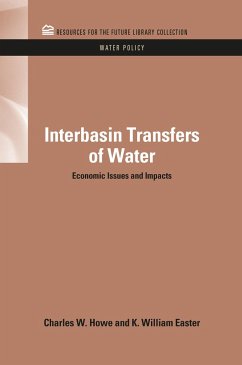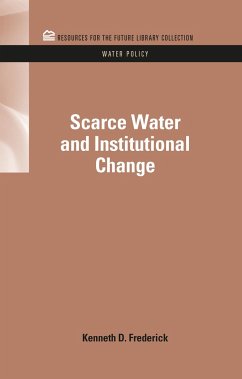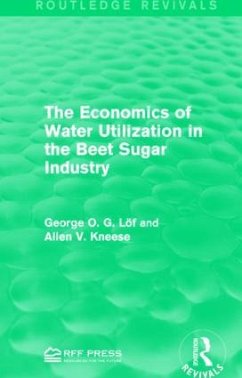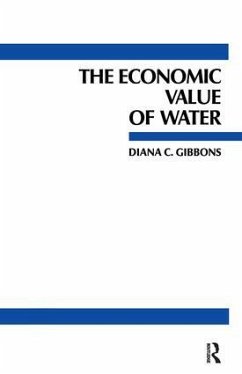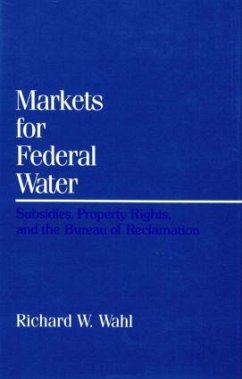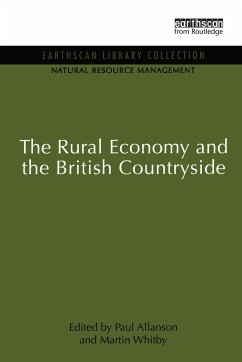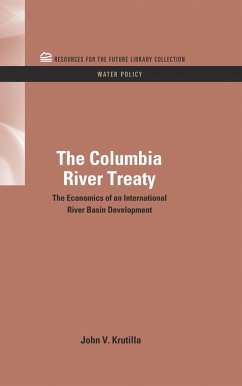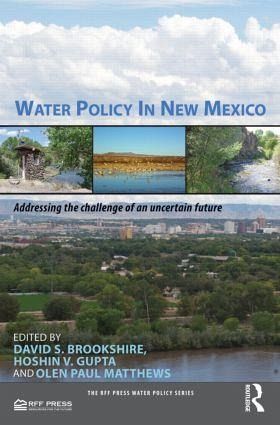
Water Policy in New Mexico
Addressing the Challenge of an Uncertain Future
Versandkostenfrei!
Versandfertig in 1-2 Wochen
166,99 €
inkl. MwSt.
Weitere Ausgaben:

PAYBACK Punkte
83 °P sammeln!
This book addresses water management issues in the State of New Mexico. It focuses on our current understanding of the natural world, capabilities in numerical modeling, existing and evolving regulatory frameworks, and specific issues such as water quality, endangered species and the evolution of new water management institutions. Similar to its neighboring states, New Mexico regularly experiences cycles of drought. It is also experiencing rapid economic growth while at the same time is experiencing a fundamental climate shift. These factors place severe demands on its scarce water resources. In addition to historical uses by the native inhabitants of the region and the agricultural sector, new competitive uses have emerged which will require reallocation. This effort is complicated by unadjudicated water rights, the need to balance the ever-increasing needs of growing urban and rural populations, and the requirements of the ecosystem and traditional users. It is clear that New Mexico, as with other semi-arid states and regions, must find efficient ways to reallocate water among various beneficial uses. This book discusses how a proper coordination of scientific understanding, modeling advancements, and new and emerging institutional structures can help in achieving improved strategies for water policy and management. To do so, it calls upon the expertise of academics from multiple disciplines, as well as officials from federal and state agencies, to describe in understandable terms the issues currently being faced and how they can be addressed via an iterative strategy of adaptive management.





